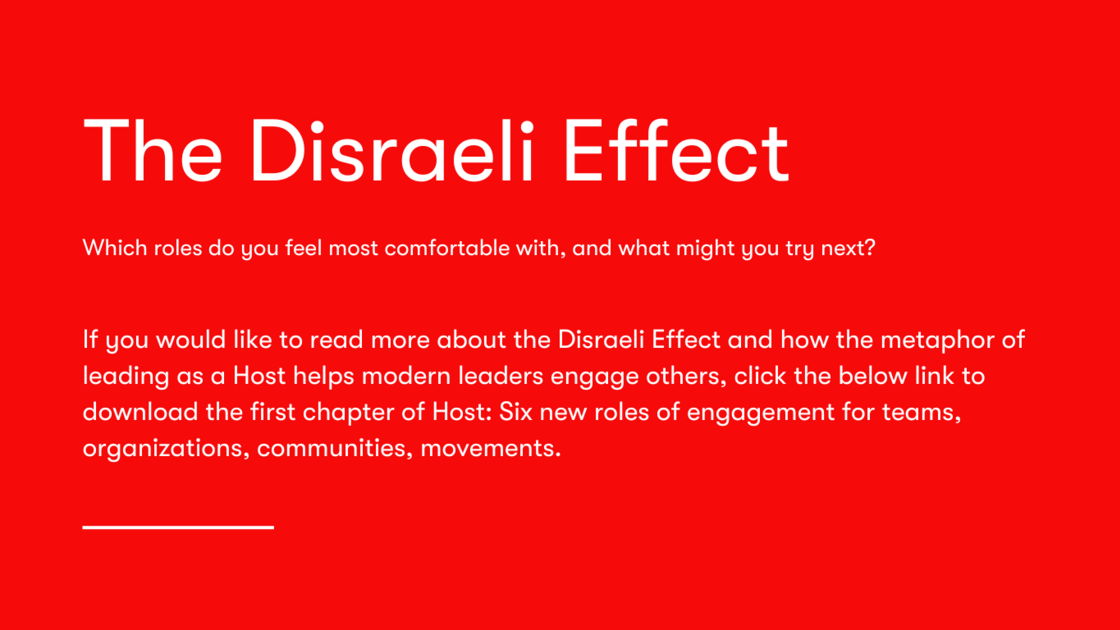Leading in Uncertain Times
Recently we began working with 20 leaders to gain traction on a strategic initiative. We began our work together in late July, early in the Greater Sydney Lockdown. This week we re-connected to discuss signs of progress. What emerged from our conversation was exciting.
On our call, we asked leaders to describe what was better since we last met. Admittedly, having heard the initial chatter in the groups – problems, challenges, and issues abounding, we were uncertain whether to proceed with the next question. But, as Solution Focused practitioners, we are determined to hold a space with leaders to explore what’s wanted, what’s working, and what’s next. The question “What’s Better?” has proven helpful in follow-up meetings, but the current context made me nervous.
At first, there were blank faces, some questions like “with what?” and “anything?” Then it began; in small groups, these leaders explored everything from the weather to their strategic initiatives and beyond. They built on each other’s ‘better,’ encouraged colleagues’ successes, and collaboratively lifted the energy of the virtual space. A theme in the group debriefs; how impressed people were with their teams and how team members had surprised them, stepped up, adjusted, and collaborated.
Asking the What’s Better question is exciting because it suggests that something is better, and you can find it! They did just that. Drawing attention to what’s better and exploring how these leaders helped ‘better happen,’ we were able to experience, as a group of leaders, what McKergow and Bailey (2014) call the Disraeli Effect.
What is the Disraeli Effect?
Describing reported meetings with two British Prime Ministers: William Gladstone and Benjamin Disraeli, the former would leave others thinking he “was the wittiest, the most intelligent, the most charming person around” while Disraeli could leave others feeling, “I am the wittiest, the most intelligent, the most charming person around!’. Disraeli created environments where others could shine, helping them see themselves in new and more resourceful ways. (Bennis, in (McKergow and Bailey, 2014).
We heard and saw this from the leaders we worked with this week. By engaging with their teams differently, because the current uncertainty demands it, they uncovered ways of helping others see themselves in more resourceful ways. As a group supporting each other, they left the call feeling more resourceful (based on the feedback left in the chat).
What was happening in their context helping these leaders keep strategy moving forward in such a complex, messy and uncertain time?
- Leaders stepped back and looked at what is being called for next in the current situation.
- Leaders kept an eye on their longer-term plans, adjusted as needed. They looked for tiny ways forward – making the offer of a conversation or sending the following email – and they could describe these ripples.
- Leaders invited participation from their teams rather than demanded it. Many were surprised how people “stepped up” when they had the choice. Leaders prepared to hold loosely to the strategic things for now, yet their team would not let them go. Instead, they found other ways of moving forward.
- Leaders “jumped in” and participated with the teams: more but shorter meetings, collaborative and reflective spaces.
- Leaders negotiated the boundaries of these new spaces and stuck to them, making interactions more concise, focused, and productive.
- Leaders connected team members with others in the organization as they faced new challenges in lockdown.
What was happening in their context helping these leaders keep strategy moving forward in such a complex, messy and uncertain time?
By the end of our time together, each leader could describe how they had managed to progress their strategic initiative. Even when they thought they had initially done nothing.
A key to the progress was leading and engaging as the situation demanded.
Each of the above bullet points reflects the roles of leading as a Host (McKergow and Bailey, 2014). Host, a metaphor for leading, especially in complexity. It includes the roles of:
- Initiator
- Inviter
- Gatekeeper
- Co-participator
- Space Creator
- Connector

We help people gain traction, build momentum and expand on their successes so that they can get to where they want to go, faster. Discover our programmes and start taking your good intentions to meaningful results.
Download the first chapter of Host: Six new roles of engagement for teams, organizations, communities, movements.
